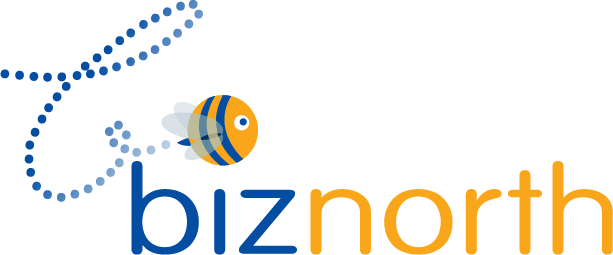Worklife Coaching
for
Managers
Dates:
- 28 & 29 September
- 12 & 13 October
- 26 & 27 October
- 23 & 24 November
Time: 8:30am - 4:00pm
Location: to be advised
Cost: $3,300 / per person - payment plans available
Coaching has been known to boost confidence, improve work performance, and build effective communication skills. The benefits can be even more vast and specific to an individual. Investing in your staff improves individual performance. It helps your staff to identify and develop high potential employees. This program assists identifying both organisational and individual strengths and development opportunities.
This program consists of four, two full day sessions over a three-month period.
- Thursday 28 & Friday 29 September - 8:30 am to 4:00 pm
- Thursday 12 & Friday 13 October - 8:30 am to 4:00 pm
- Thursday 26 & Friday 27 October - 8:30 am to 4:00 pm
- Thursday 23 & Friday 24 November - 8:30 am to 4:00 pm
You must attend all sessions, due to the delivery being a layered learning format.
How does coaching improve performance in the workplace?
A coach can help a leader identify skills to be developed, key strengths, and strategies for improvement. Coaching can focus on achieving goals within a employee’s current job or a move in new directions. Derailed or misguided executives can benefit from coaching to improve performance, too.
Important workplace coaching techniques include:
- Building trust;
- Active listening;
- Asking open-ended questions;
- Effective goal-setting;
- Encouraging an outcome focus;
- Fostering engagement with goals;
- Providing support on the development journey;
- Giving tasks, stretching emotion, challenging and feedback;
Why is coaching so important in leadership?
Coaching empowers leaders to do exceptional work. Coaches establish an advantageous relationship that uncovers hidden strengths and weaknesses within the leader. Goals will be created to enable leaders to pinpoint their weaknesses and track their progress.
What are the qualities of an effective coach?
- An effective coach is positive.
- An effective coach is enthusiastic.
- An effective coach is supportive.
- An effective coach is trusting.
- An effective coach is focused.
- A good coach is goal oriented.
- An effective coach is observant.
- A good coach is respectful.
What are the main traits and characteristics a good coach should have?
- They master the art of “active listening”
- They're willing to share skills, knowledge and expertise.
- They act as a positive role model.
- They focus on helping others to “problem solve”
- They value ongoing learning and growth.
- They are emotionally intelligent
- They are courageous and can cope with heighted emotions
- They are honest
- They skilfully understand the language if others
In this course you will learn:
- Places are limited to 12 only.
- Morning tea provided
- Learning resources included
Enrol now
Secure your spot and enrol now.
If you’re ready to enrol, follow these few easy steps to get setup and ready to start your course.
Still have questions?
Let us know if you would like more information about this course in the form below and one of our team will get back to you.





